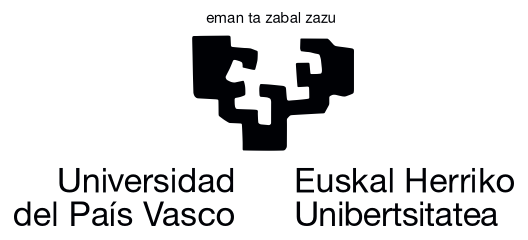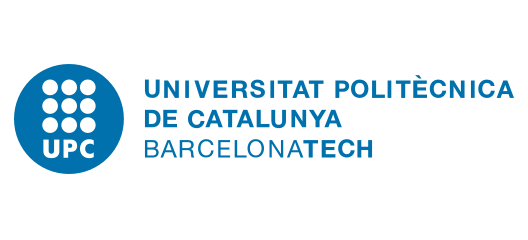Law 54/1997 of 27 November 1997 on the Electricity Sector states in its Explanatory Memorandum that “the supply of electricity is essential for the functioning of our society”. A review of the newspaper archives would suffice to appreciate the full extent of the devastating effects caused by power cuts, which more than justify the need to develop appropriate mechanisms to ensure a reliable, robust and safe electricity system.
The electricity sector is an important sector in the Spanish economy considering its contribution to GDP, investment, and employment, as well as the multiplier effect it has on other sectors of the economy and because it is a fundamental input for wealth-creating activities or sectors. Investments in tangible assets in the electricity sector stood at almost €4.2 billion in 2018, according to the Spanish National Statistics Institute (INE), which represents more than 16% of total investments in the Spanish industrial sector and position the electricity sector as the leading industrial sector in terms of investment levels. However, despite these figures, the real importance is even greater because electricity as a product is an indispensable driver of economic development, and is essential and irreplaceable for households and productive sectors. In the last decade, this sector, strongly consolidated in its operating structures, has undergone a real revolution, moving from vertically integrated monopolistic systems to new paradigms, which include among other novel aspects: international electricity markets, the development and integration of renewable energies, smart grids, active demand management, distributed generation, the roll-out of electric vehicles, etc.
Moreover, Spain has traditionally had a strong industrial electricity sector, including equipment manufacturers, developers of renewable generation plants, software and control engineering companies, grid operators, large and small distributors, installers, maintenance companies, etc.
It is no coincidence, therefore, that as a result of this strong industrial sector, accelerated in part by the so-called PIE programme of the 1980s, Spain has a considerable number of research groups in Electrical Engineering among its public universities, with a strong international representation and excellent scientific productivity.
In this dynamic context, the need for a permanent supply of PhDs specialised in electrical systems, capable of keeping alive the capacity for innovation and technology transfer, is unquestionable.
In addition to a specialised and high-level education, the training of PhDs is based on well-funded active research groups, which are developing consolidated but innovative lines of research. The immersion of doctoral students in this context, under the supervision of an experienced tutor, should enable them to achieve a sufficient level of knowledge to be able to tackle the research task with guarantees that will enable them to complete their work in the form of a doctoral thesis.
The PhDs trained in this programme will be the main players in R&D&I, both in public and private research centres and in companies. The industrial structure and universities need researchers capable of advancing in the knowledge and development of new techniques to increase the added value of products and services so that they can become a source of wealth. Equally, there is a need for researchers able to assimilate and implement new engineering developments generated in other regions and countries. For this reason, the lines of research offered in the doctoral programme are at the forefront internationally, as demonstrated by the curricula vitae of the participating lecturers. Furthermore, and perhaps more importantly, these lines of research are ideally suited to the needs of the socioeconomic environment, because, as previously stated, the electrical sector is one of the productive sectors with the highest projection in Spain.
In summary, this Doctoral Programme represents a further step in the training process of engineers with the highest level of scientific and technical qualifications, whose contribution and role in the productive system and the academic world are necessary to achieve a gradual transition towards a knowledge-based economy. In this context, the programme follows the directives of the European Higher Education Area, which has led to the rethinking of the organisation of university education, with a new access route to the Doctorate through the University Master’s Degree. This programme represents a step forward in the integration of the participating universities in the European Space, as it enriches the offer of studies subject to current legislation through the incorporation of a training pathway that aims to satisfy this demand from society.
In recent years, the study of electrical energy systems has gained a strong momentum. If the 1990s saw the restructuring from a centralised model of exploitation towards the liberalisation of this activity in most systems, today’s challenges are no less relevant. Circumstances that form the basis of this new momentum include the massive introduction of renewable energy sources to reduce the environmental effects of generation heavily based on fossil fuels, the growing use of electric vehicles to achieve the decarbonisation of transport, and advances in information and communications technologies that allow for improved system operation. This reality implies the incorporation of continuous challenges with a view to more efficient, sustainable and reliable planning and operation of electricity systems. In this respect, there is ample evidence of this process of continuous innovation that allows the transfer of theoretical concepts to industrial realities. The smart grid concept, demand side management, the emergence of the European wholesale electricity market, the application of sophisticated forecasting techniques for grid planning and operation, the use of electronic devices, etc. are nowadays unquestionable realities.




